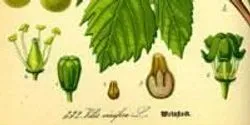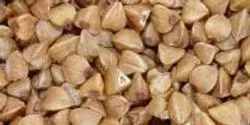Food and Beverage

University of Adelaide research has shown for the first time that grape seed can aid the effectiveness of chemotherapy in killing colon cancer cells as well as reducing the chemotherapy's side effects.

University of Adelaide researchers are using nanotechnology and the fossils of single-celled algae to develop a novel chemical-free and resistance-free way of protecting stored grain from insects.

The science of nutritional genomics is an emerging discipline and holds potential for targeting dietary intervention that may affect health, according to a new position paper from the Academy of Nutrition and Dietetics.

New research from the Monell Center reveals humans can use the sense of smell to detect dietary fat in food. As food smell almost always is detected before taste, the findings identify one of the first sensory qualities that signals whether a food contains fat. Innovative methods using odor to make low-fat foods more palatable could someday aid public health efforts to reduce dietary fat intake.














